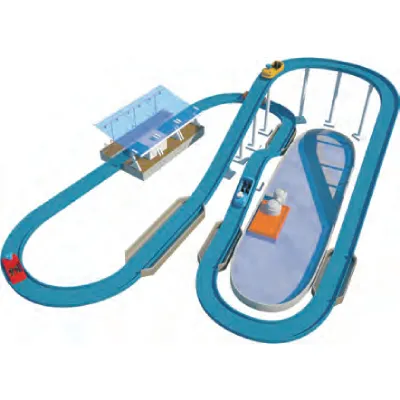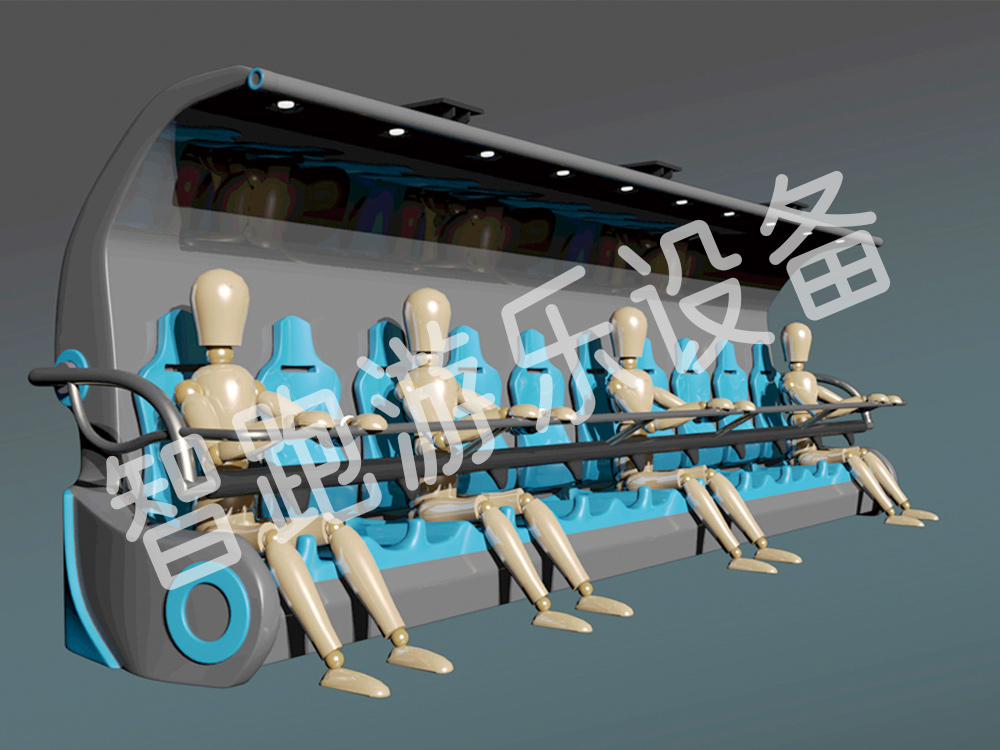2 月 . 16, 2025 04:07
Back to list
cost to buy a ferris wheel
Investing in a Ferris wheel involves significant considerations and expenses not only limited to the upfront cost of the wheel itself. This comprehensive guide explores the multifaceted nature of purchasing a Ferris wheel, offering valuable insights based on expertise, authority, and trustworthiness developed from years of industry experience.
Staffing represents another recurring financial commitment. From ride operators to security personnel, staffing ensures operational efficiency and safety. Payroll expenses fluctuate based on regional wage standards and required staffing levels, but typically fall within the range of $50,000 to $150,000 per year. Insurance and Liability Protection Insurance is a pivotal aspect of owning and operating a Ferris wheel, addressing liability and protecting against unforeseen incidents. Premiums vary greatly based on factors like location, ride size, and incident history, but generally range from $10,000 to $30,000 annually. Engaging with an insurance provider experienced in amusement park attractions can streamline the coverage process, ensuring comprehensive protection tailored to your specific needs. Revenue Potential and Return on Investment While the cost factors are considerable, the potential revenue stream from a Ferris wheel is equally significant. Ferris wheels attract both local visitors and tourists, offering a unique vantage point and experience, thus driving consistent ticket sales. Pricing strategies vary, with tickets often priced between $3 and $10 per ride, depending on ride length and location popularity. High-traffic locations or integration into theme parks can markedly enhance revenue potential, offering opportunities for branding and special event rentals, thereby accelerating return on investment. Environmental and Community Impact Engaging with local communities and considering environmental impacts are invaluable components of acquiring a Ferris wheel. From eco-friendly construction materials to energy-efficient operation, sustainable practices not only reduce environmental footprints but also appeal to eco-conscious patrons. Additionally, demonstrating commitment to community engagement and local partnerships enhances brand reputation and acceptance, a crucial factor in long-term success. In conclusion, purchasing a Ferris wheel encompasses a spectrum of costs and considerations that extend well beyond the initial purchase price. Engaging with industry experts, leveraging authoritative resources, and adhering to best practices assures potential operators of a sound investment. Careful planning, vigilant maintenance, and strategic marketing play pivotal roles in realizing the full potential of this timeless attraction.


Staffing represents another recurring financial commitment. From ride operators to security personnel, staffing ensures operational efficiency and safety. Payroll expenses fluctuate based on regional wage standards and required staffing levels, but typically fall within the range of $50,000 to $150,000 per year. Insurance and Liability Protection Insurance is a pivotal aspect of owning and operating a Ferris wheel, addressing liability and protecting against unforeseen incidents. Premiums vary greatly based on factors like location, ride size, and incident history, but generally range from $10,000 to $30,000 annually. Engaging with an insurance provider experienced in amusement park attractions can streamline the coverage process, ensuring comprehensive protection tailored to your specific needs. Revenue Potential and Return on Investment While the cost factors are considerable, the potential revenue stream from a Ferris wheel is equally significant. Ferris wheels attract both local visitors and tourists, offering a unique vantage point and experience, thus driving consistent ticket sales. Pricing strategies vary, with tickets often priced between $3 and $10 per ride, depending on ride length and location popularity. High-traffic locations or integration into theme parks can markedly enhance revenue potential, offering opportunities for branding and special event rentals, thereby accelerating return on investment. Environmental and Community Impact Engaging with local communities and considering environmental impacts are invaluable components of acquiring a Ferris wheel. From eco-friendly construction materials to energy-efficient operation, sustainable practices not only reduce environmental footprints but also appeal to eco-conscious patrons. Additionally, demonstrating commitment to community engagement and local partnerships enhances brand reputation and acceptance, a crucial factor in long-term success. In conclusion, purchasing a Ferris wheel encompasses a spectrum of costs and considerations that extend well beyond the initial purchase price. Engaging with industry experts, leveraging authoritative resources, and adhering to best practices assures potential operators of a sound investment. Careful planning, vigilant maintenance, and strategic marketing play pivotal roles in realizing the full potential of this timeless attraction.
Latest news
-
Top Amusement Equipment Manufacturer Rock n Roller Coaster & Carousel ManufacturerJun.10,2025
-
World's Scariest Roller Coaster Experience Ultimate Thrill & HeightJun.10,2025
-
Ultimate Thrill Ride Roller Coaster High-Speed, Safe AdventureMay.30,2025
-
Carousel Mansfield Rides Premium Indoor & Event SolutionsMay.30,2025
-
T3 Roller Coaster High-Thrill, Safe Ride for Theme Parks & ResortsMay.30,2025
-
Roller Coaster Cart Design Custom-Built & High-Safety Thrill Ride VehiclesMay.30,2025
